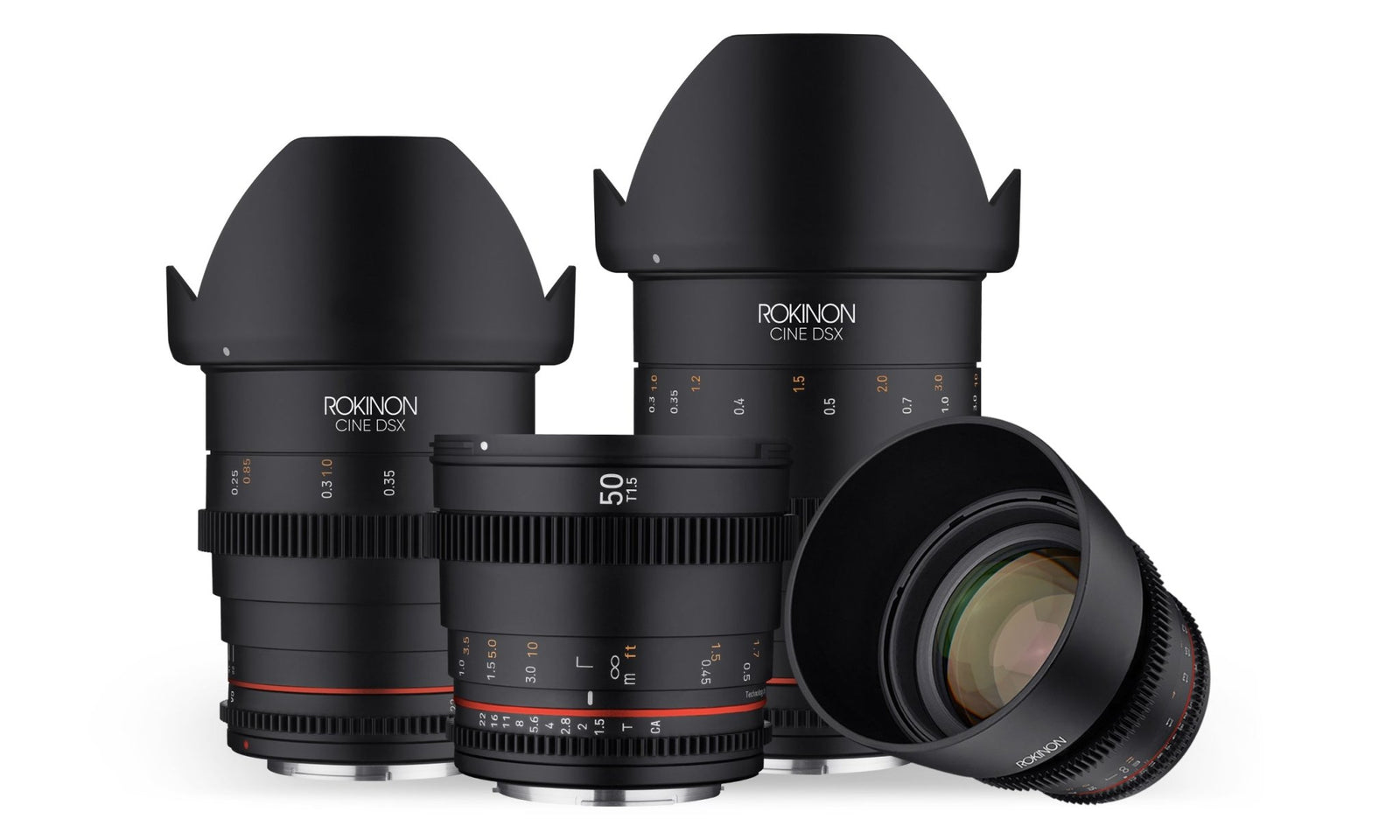The Differences Between Cinema Lenses and Photo Lenses

You may be tempted to purchase a photography lens for all your film needs or buy a cinema lens and call it good enough. Each type of lens serves its own purpose, though, and you can use them in different ways. Understand the differences between cinema lenses and photo lenses before you make a purchase. Lenses are an investment, and you don’t want to waste your money buying the wrong one.
Choose a Photography Lens
Pros of Photo Lenses
The great thing about photo lenses is that they are versatile. You can take photos and make films with them. Photo lenses come in autofocus and manual, giving you a plethora of options when it comes to photography and filmmaking. Photo lenses tend to be smaller and weigh less than cinema lenses, meaning they are easier to carry around.
Cons of Photo Lenses
Photography lenses come with some limitations. If you are using manual lenses, you may have to carry around an entire set. Further, most manual lenses have click stops between aperture settings, which do not allow for a smooth transition between shots. While you can use autofocus lenses to make films, they do not produce as high-quality shots as cinema lenses. Photo lenses are a budget-friendly option for documentary filmmaking.
Choose a Film Lens
Pros of a Cinema Lens
Most filmmakers prefer cinema lenses for their advanced features. A cinema lens has the superior ability to maintain focus on a subject while zooming—even if it is moving. Sturdy and durable enough to withstand most outdoor conditions, cinema lenses record continuous motion and have features that allow you to bypass many problems that occur with photo lenses. The great thing about Rokinon’s Cinema Lenses is the de-clicked aperture that allows for smooth video recording while changing how much light your lens intakes. This is a superior advantage over the manual lens which may allow for some jitter when changing the aperture during filming.
Cons of a Cinema Lens
Some cinema lenses are heavier and bulkier than photography lenses. Due to the advanced features that make cinema lenses superior, most are more expensive than a manual or autofocus lens.
The differences between cinema lenses and photo lenses may not matter to you, depending on the type of project you’re tackling. Whether for your career or a hobby, filmmaking and photography require some investment. While there are many lenses to choose from, a Rokinon cine lens kit won’t break the bank. Our high-quality lenses fit the most popular camera brands, including Sony, Nikon, and Fuji mounts. There’s never been a better time to capture your dreams in focus.


Leave a comment